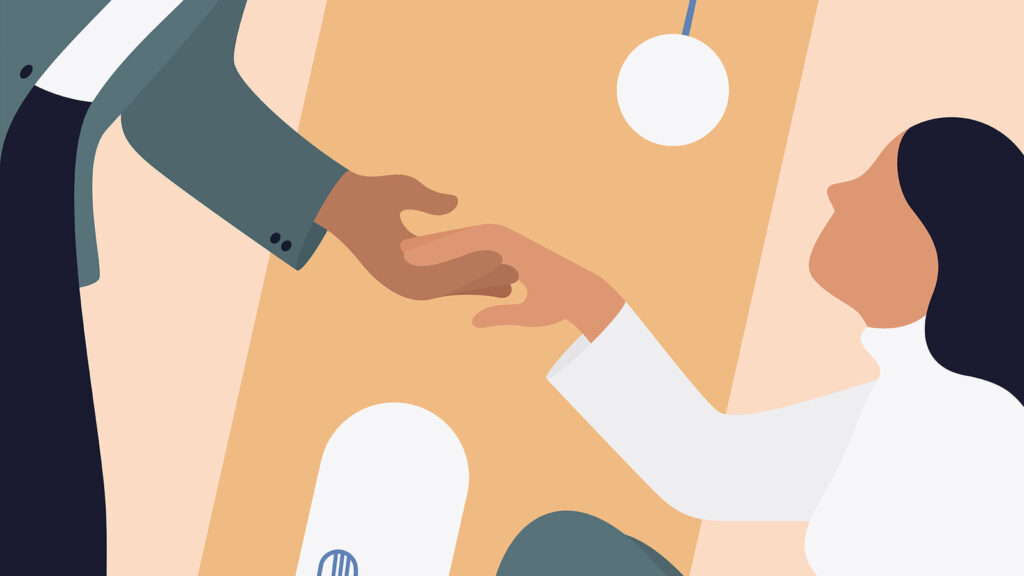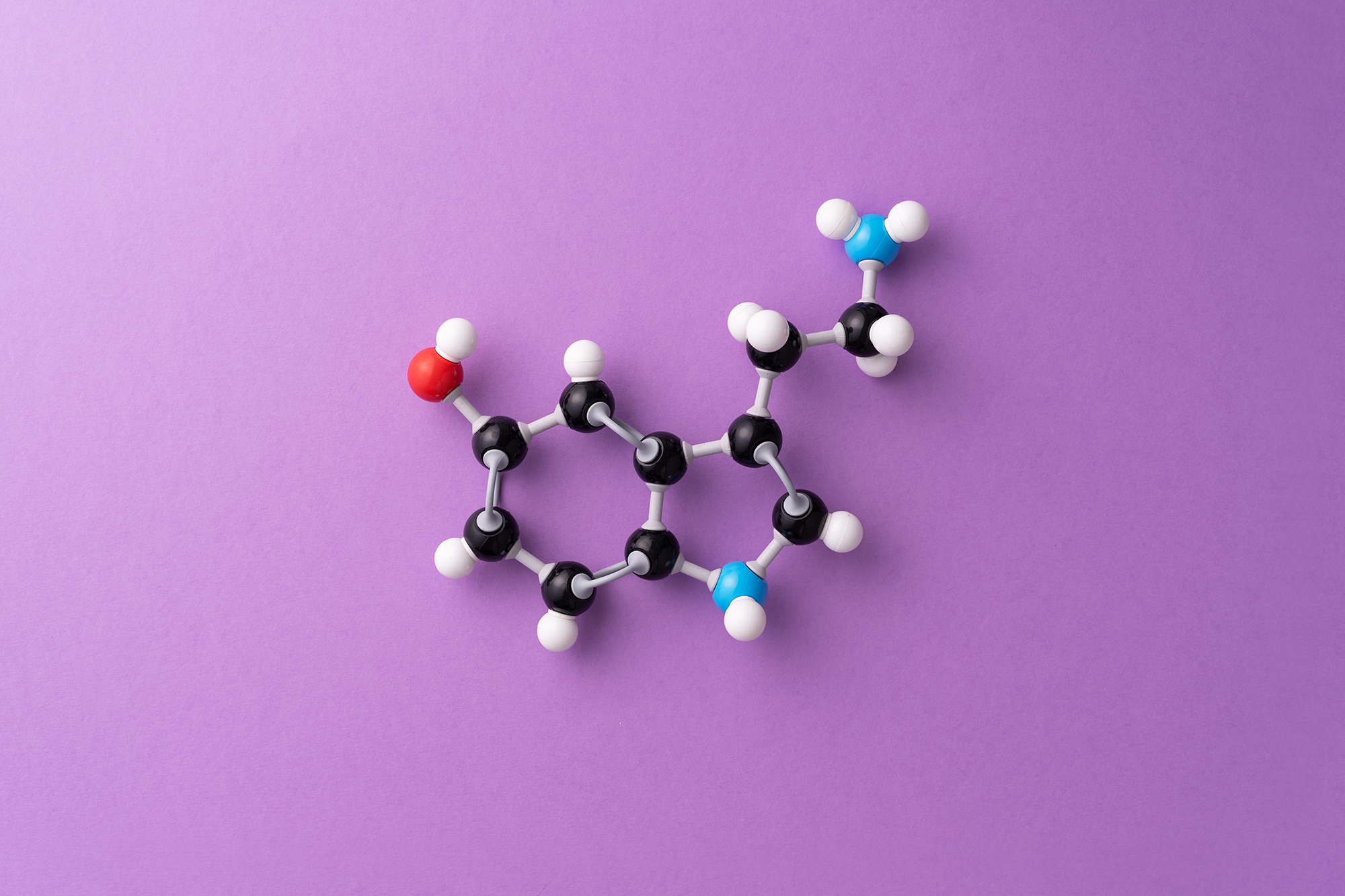If you’ve ever felt frustrated because your antidepressant doesn’t seem to work—or worse, makes you feel numb or disconnected—you’re not alone. For decades, we’ve been told that depression is caused by a chemical imbalance, usually a lack of serotonin. But new science—and holistic clinical wisdom—tell a different story.
Debunking the Serotonin Theory
The “chemical imbalance” theory wasn’t proven—it was marketed. In 2022, psychiatrist Dr. Joanna Moncrieff and colleagues published an umbrella review in Molecular Psychiatry analyzing decades of research. Their conclusion?
“There is no convincing evidence that depression is associated with, or caused by, lower serotonin concentrations or activity.”
The public was led to believe their depression stemmed from low serotonin. In reality, no consistent evidence supports this. Measuring blood serotonin levels or metabolites like 5-HIAA has proven unreliable, and brain studies have shown inconsistent receptor findings—sometimes up, sometimes down.
Root Causes of Depression

Let’s shift the question from “What’s broken?” to “What’s burdened?”
Here are four of the most common root contributors to depressive symptoms:
1. Chronic Inflammation
Cytokines like IL-6 and TNF-alpha suppress mood-regulating brain function. Tryptophan is diverted from serotonin to kynurenine, which can become neurotoxic.
2. Gut-Brain Disruption
Over 90% of serotonin is made in the gut. Gut dysbiosis, leaky gut, and vagal nerve dysregulation all contribute to poor mood regulation.
3. Mitochondrial Dysfunction
Low ATP = low motivation and poor resilience. Mitochondrial issues are common in depression and are often overlooked.
4. Stealth Infections
According to evolutionary biologist Paul Ewald in Plague Time, chronic diseases like depression may result from long-standing infections like:
Lyme (Borrelia)
Bartonella
Epstein-Barr Virus (EBV)
Chlamydia pneumoniae
These microbes evade the immune system, inflame the brain, and disrupt neurotransmitters.

Natural Strategies That Support True Healing
- Anti-inflammatory diet (omega-3s, olive oil, polyphenols)
- Trauma release and vagal tone practices (breathwork, somatic work, prayer)
- Key nutrients: magnesium, B-complex, CoQ10, zinc, saffron
- Targeting stealth infections with the help of a trained provider
- Probiotics for Mood
What the Science Shows
Not all probiotics are equal—some strains directly influence brain chemistry.
Clinically Studied Probiotic
| Strain | Documented Effects |
| Lactobacillus helveticus R0052 + Bifidobacterium longum R0175 | Reduced anxiety and depression in multiple trials |
| Lactobacillus rhamnosus GG | Increases GABA receptor expression, supports calm mood |
| Lactobacillus plantarum PS128 | Modulates dopamine and serotonin |
| Bifidobacterium breve CCFM1025 | Increases BDNF, reduces neuroinflammation |
| Lactobacillus casei Shirota | Improves mood in individuals with low baseline mood |
Tips for choosing a probiotic:
Look for clinically studied strains (not just species!)
Use doses with at least 10–20 billion CFU
Consider spore-based or multi-strain formulas
Avoid formulas with unnecessary fillers or allergens
Final Thoughts
Your depression is not a sign that you’re broken. It’s a signal—an invitation to look deeper. When we address gut health, inflammation, stealth infections, and nutrient deficiencies, we create space for real healing.Interested in learning more about brain and mood health the holistic way?Check out Beyond Brain Health or download my free guide: 10 Root Causes of Depression (That Aren’t Low Serotonin).
